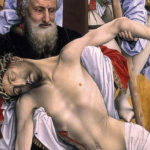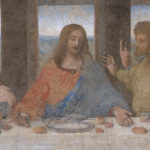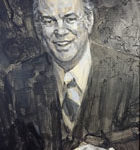
Dreams, fantasies, mythology, and assorted dragons have been important mind furniture since before mankind learned to write, or the various arts created images of other-worldliness. The year of the dragon is meaningful to many Asians. The gods inspired the myths and arts of ancient Greece, and sometimes Rome. Remote tribes possess sometimes exotic myths that have held for millennia. Expressions of this mythology-bent in mankind shows itself in many ways, including astrology, sci-fi creations, and the like. Reviewing the popular series by George R. R. Martin, and especially the fifth book in the series, A Dance With Dragons, Tom Shippey, in his review of the title stated: . . . fantasy is now where the big action is. Millions yearn,… Read more







